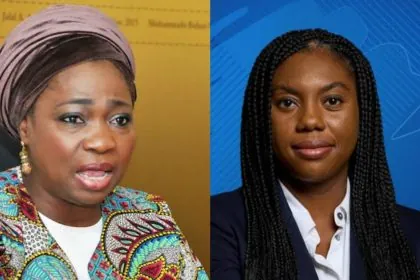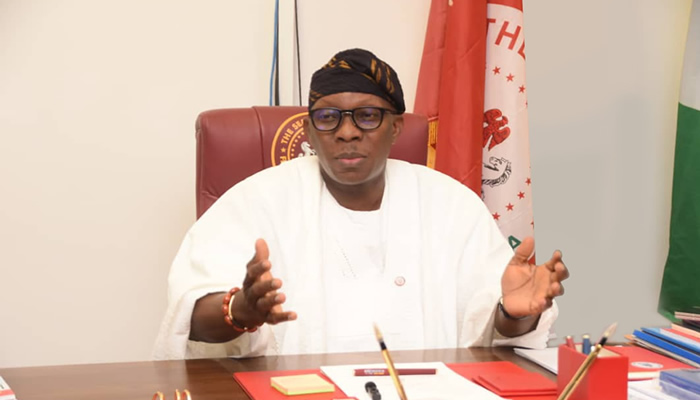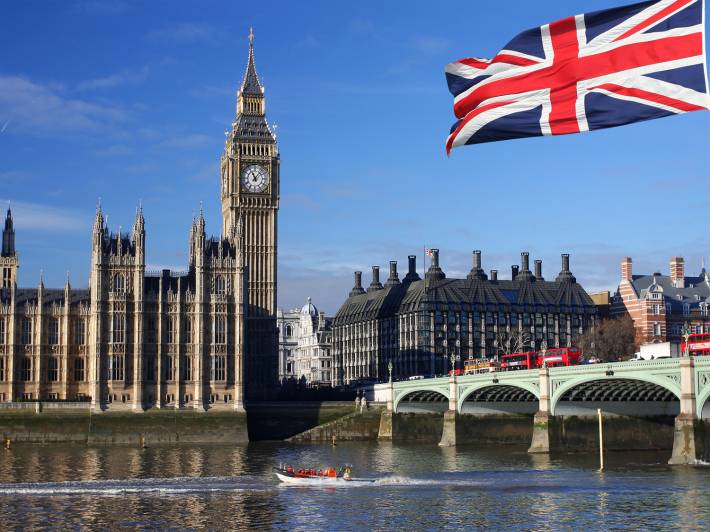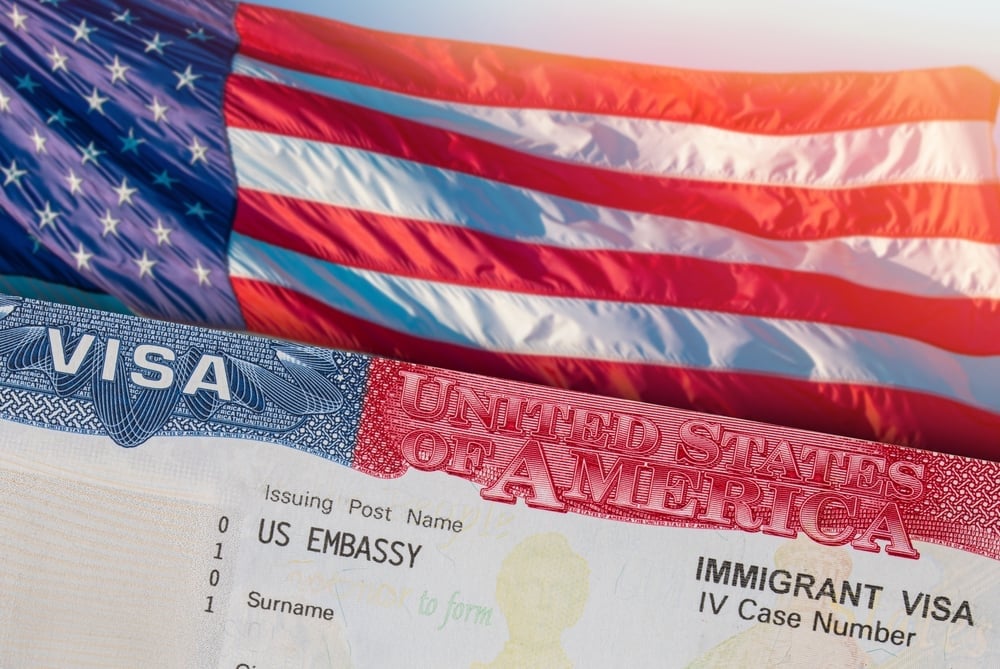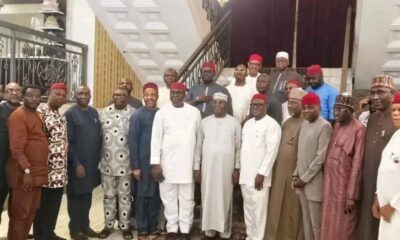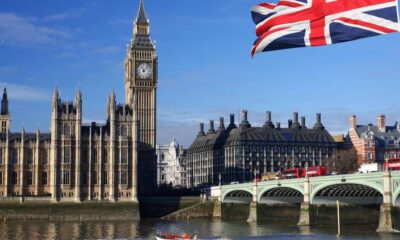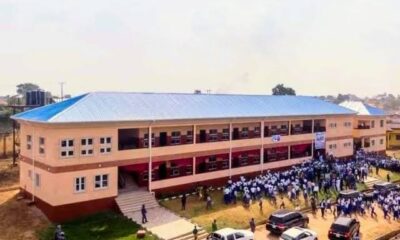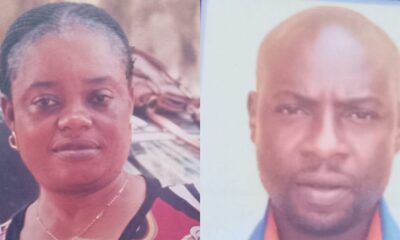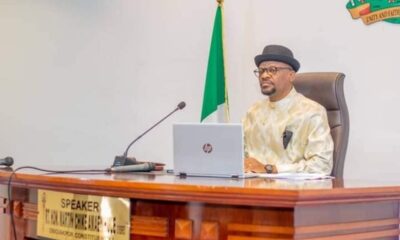The UK government has imposed an “emergency brake” on study visas for nationals of Afghanistan, Cameroon, Myanmar and Sudan following a sharp rise in asylum claims from individuals who initially entered the country through legal routes.
According to the UK Home Office, the unprecedented move will end sponsored study visas for all four countries and suspend skilled worker visas for Afghan nationals.
The changes will be introduced through an Immigration Rules amendment on 5 March and come into force on 26 March.
The Home Office on Wednesday said the decision followed a surge in asylum claims from people who had entered legally on visas before subsequently applying for asylum.
“An ’emergency brake’ on visas has been imposed for the first time on nationals from four countries following a surge in asylum claims from legal routes,” DW News reported that the UK Home Office said.
Nearly 135,000 asylum claims from legal routes
In total, 133,760 people have claimed asylum after arriving legally in the past five years.
Since 2021, almost 135,000 individuals entered the UK on student or other visas before lodging asylum claims.
Home Secretary Shabana Mahmood acknowledged that asylum claims via legal entry routes now make up nearly 40 per cent of all claims.
“In 2025, they accounted for 39 per cent of the 100,000 people who applied for asylum.
“Asylum applications by students from Afghanistan, Cameroon, Myanmar and Sudan increased by more than 470 per cent between 2021 and 2025, making them among the most likely nationalities to claim.
“Applications by students from Myanmar rose sixteen-fold during that period, while claims from Cameroon and Sudan increased by more than 330 percent.
“Between 2021 and the year ending September 2025, the proportion of Afghan asylum claims relative to study visas issued reached 95 per cent,” Essex News’ UK News and Investigation also reported on Wednesday.
Meanwhile, the number of Afghans on work visas claiming asylum is now outstripping the number of visas issued.
Although the government said it reduced student asylum claims by 20 per cent during 2025, those arriving on study visas still account for 13 percent of all claims currently in the system.
Financial pressures, accommodation costs
Many asylum seekers entering through legal routes are being housed at taxpayer expense.
The Home Secretary noted that an above-average proportion of individuals from the four countries are claiming destitution.
She was quoted as saying, “Asylum support currently costs more than £4 billion annually.
“Nearly 16,000 nationals from the four affected countries are supported at public expense, including over 6,000 accommodated in hotels.
“The government says it has reduced the asylum support bill by £1 billion since coming to office.”
A Home Office spokesperson said: “The government is clamping down on visa abuse like this so we can maintain our ability and proud tradition of helping those genuinely in need.”
Legislative changes, asylum rule tightening
The announcement coincides with broader asylum reforms that took effect this week.
Under the new rules, refugee status for adults and their accompanying children will be reviewed every 30 months.
Previously, refugee status was granted for five years, after which individuals could apply for indefinite leave to remain and pursue citizenship.
Refugees whose countries are deemed safe will be expected to return home.
Unaccompanied children will continue to receive five years’ leave while a long-term policy is developed.
Those already in the UK will continue to be assessed under the previous framework.
The government confirmed that protection for refugees will be reduced to 30 months from 2 March in an effort to reduce pull factors driving dangerous small boat crossings.
Essex News says the reforms are modelled on Denmark’s system, widely regarded as one of the toughest in Europe.
The Home Secretary is set to introduce new legislation this week and will deliver a speech at the IPPR think tank outlining how the reforms align with British values.
She said: “Britain will always provide refuge to people fleeing war and persecution, but our visa system must not be abused.
“That is why I am taking the unprecedented decision to refuse visas for those nationals seeking to exploit our generosity.
“I will restore order and control to our borders.”
Diplomatic pressure, safe routes
The measures follow the Prime Minister’s decision to adopt what was described as a more hard-edged diplomatic approach to ensure migration rules are respected.
In November, the Home Secretary warned that visas for Angola, Namibia and the Democratic Republic of Congo could be suspended unless those governments agreed to accept the return of illegal migrants.
Four months later, cooperation was secured and return flights commenced.
The government has pledged to expand capped safe and legal routes as an alternative to small boat crossings once order is restored to the asylum system.
Since 2021, Britain has offered sanctuary to more than 37,000 Afghans through two resettlement schemes, while 190,000 visas were granted on humanitarian routes in 2025 alone.
Between 2010 and 2025, the UK resettled the sixth largest number of refugees referred by the UNHCR globally.
Migration remains a central political issue in the UK, with the anti-migration Reform UK party gaining ground in opinion polls.
punch.ng
FOLLOW US ON:
FACEBOOK
TWITTER
PINTEREST
TIKTOK
YOUTUBE
LINKEDIN
TUMBLR
INSTAGRAM

